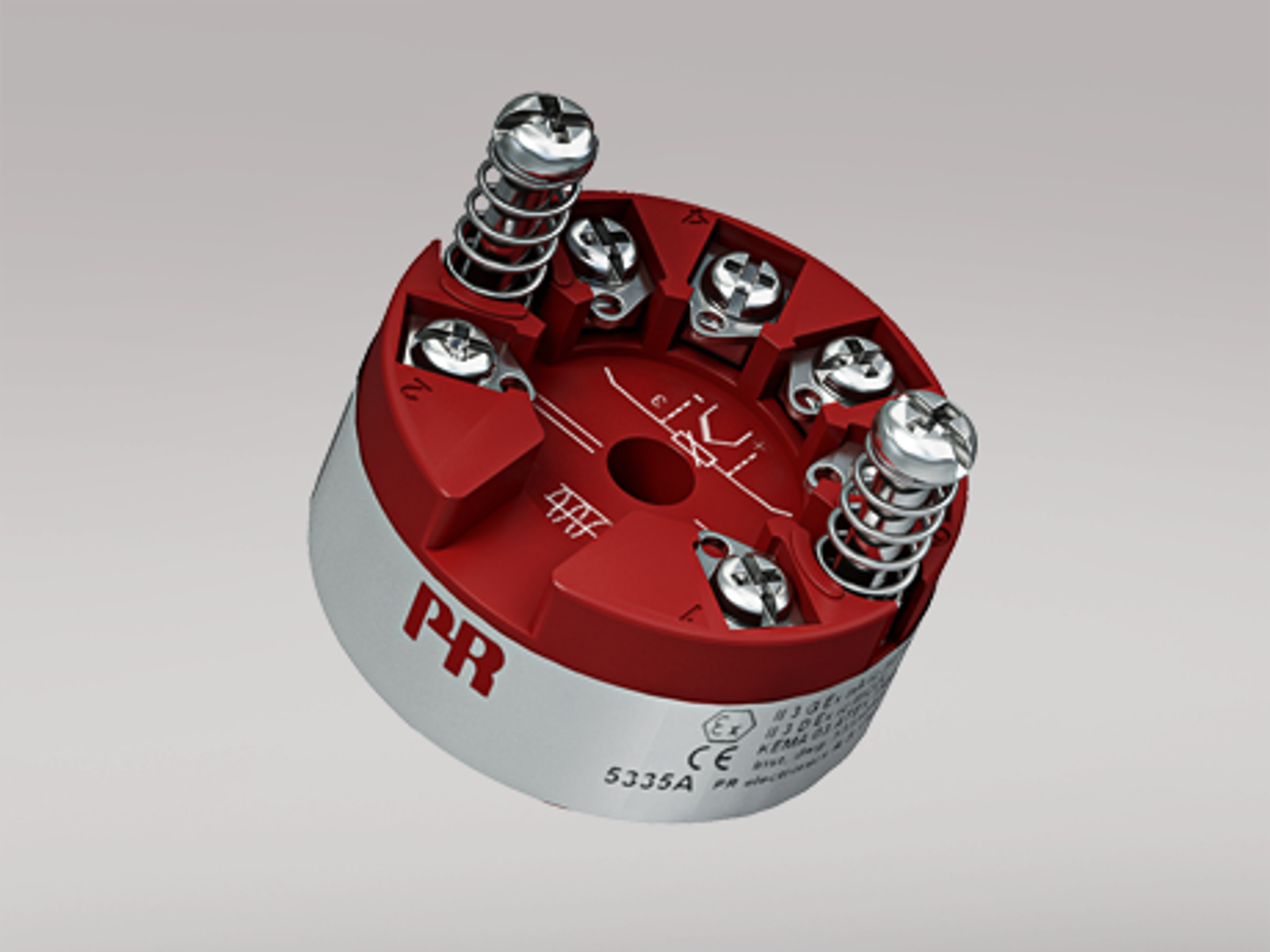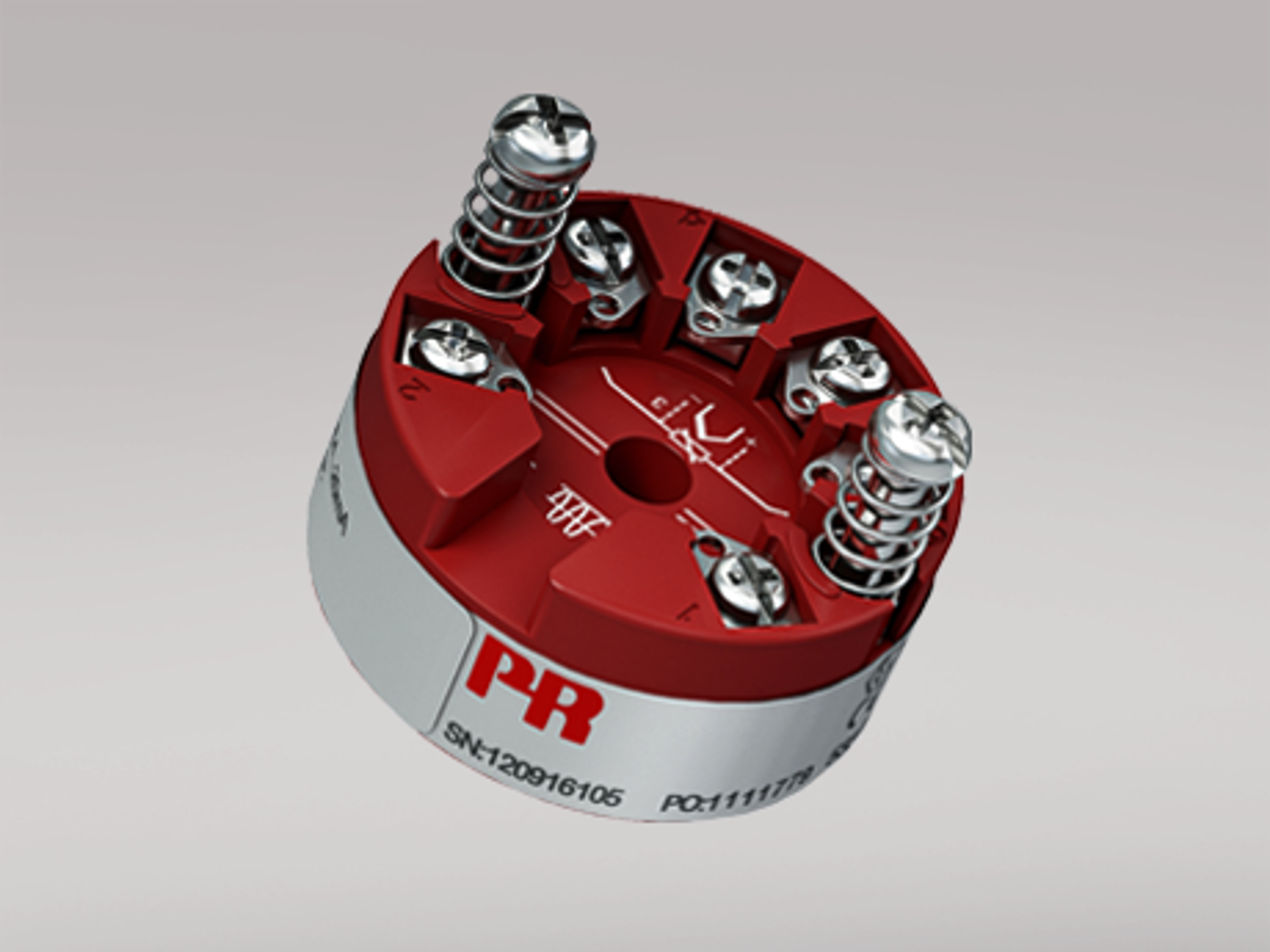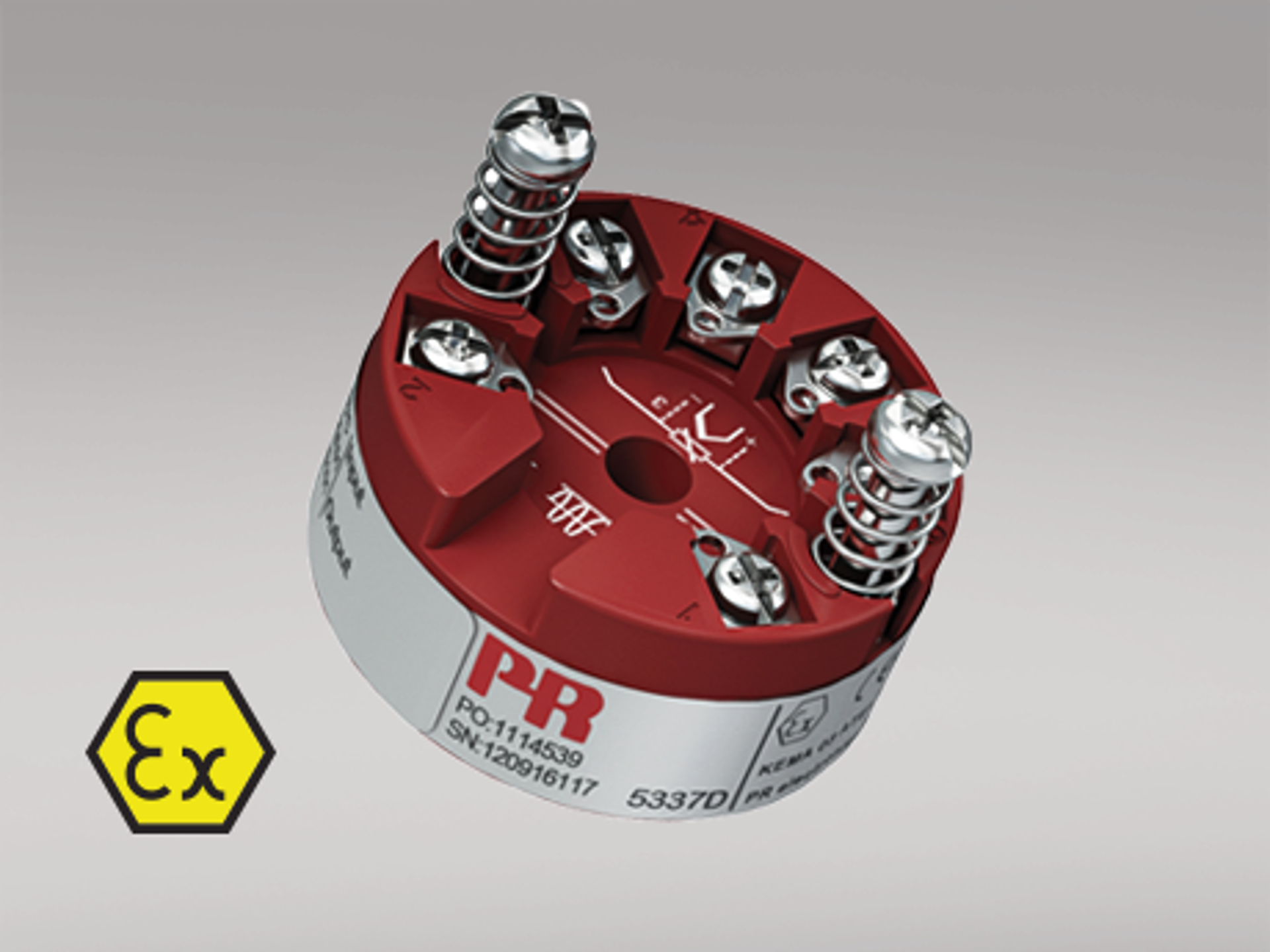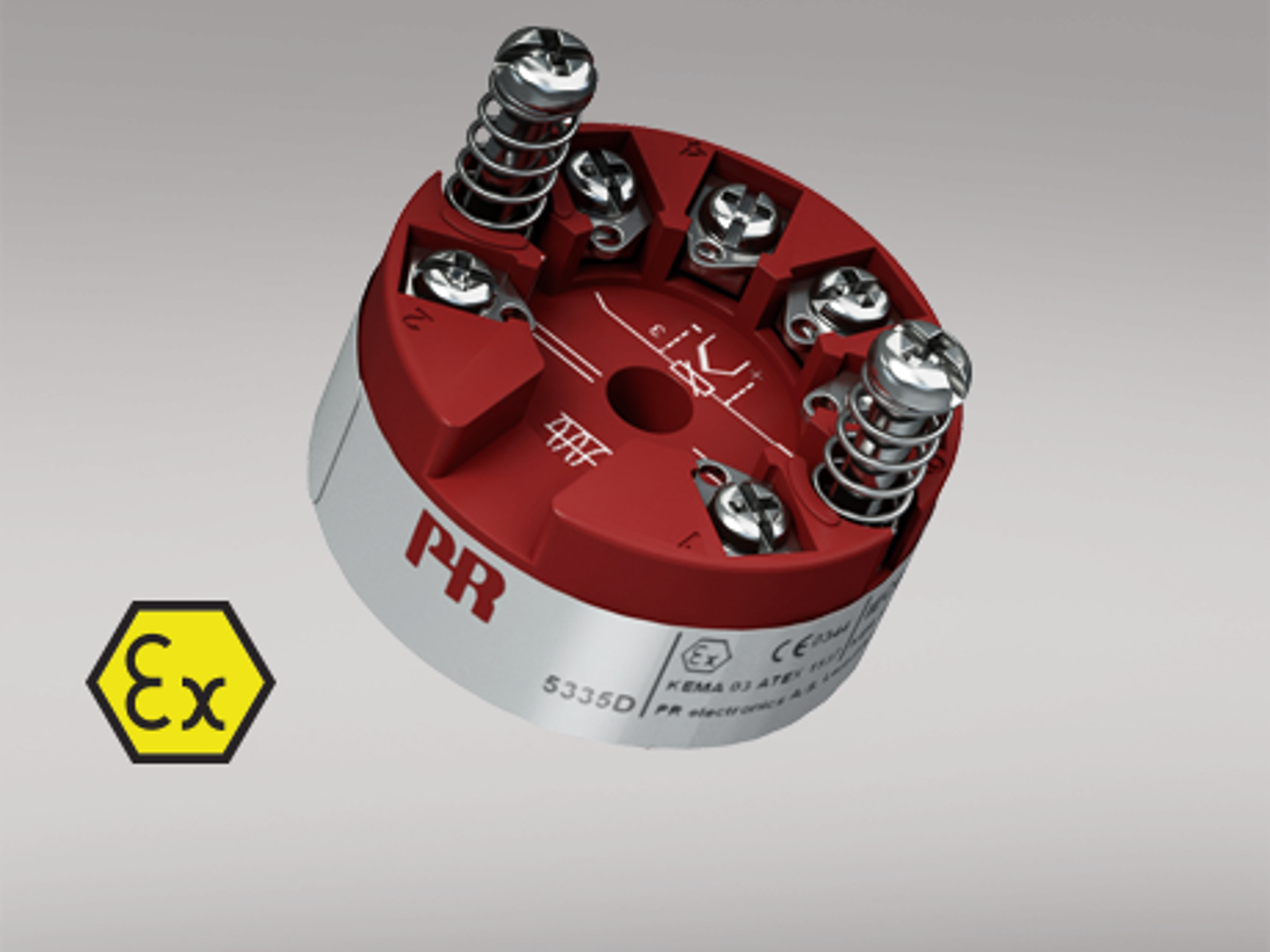HART programmable transmitters: Precision measurement for industrial applications
HART programmable transmitters are critical components in industrial applications, offering precise and reliable measurement capabilities across a wide range of sensors and process variables.
These devices use the HART communication protocol, which enables real-time diagnostics, remote configuration, and seamless integration with existing control systems. HART transmitters are highly valued in industries where accurate process control is vital, such as chemical manufacturing, oil and gas, and pharmaceuticals. The flexibility and versatility of HART programmable transmitters make them an indispensable tool in maintaining operational efficiency and ensuring that measurements remain within required tolerances.
Selection of HART programmable transmitters
HART programmable transmitters support a variety of sensor types, including temperature, pressure, and flow sensors, providing consistent and reliable measurements in diverse applications. Their ability to transmit both analog and digital signals allows for enhanced data accuracy, better process management, and more informed decision-making.
5335/5337 Series programmable transmitters: Versatile solutions for industrial applications
The 5335/5337 Series programmable transmitters are designed to meet the needs of modern industrial applications that require high precision and flexibility. These transmitters can process various input signals, including temperature, pressure, and resistance, and support multiple sensor types like RTDs, thermocouples, and linear resistances. The 5335/5337 Series is especially well-suited for industries that demand real-time data and accurate measurement of process variables.
Engineered for robustness, the 5335/5337 Series features advanced protection against electrical interference, ensuring that measurements remain stable even under challenging operating conditions. This makes the 5335/5337 Series an ideal choice for industries such as petrochemicals, manufacturing, and energy, where precise measurement and control are crucial for maintaining safety, efficiency, and cost-effectiveness.
Key features of the 5335/5337 Series programmable transmitters
The 5335/5337 Series transmitters stand out due to their versatility, offering several key features that make them suitable for a wide range of industrial applications. These features include broad input signal compatibility, advanced diagnostics, and enhanced isolation to protect against power surges and ground loop-related issues. The ability to customize output configurations further ensures that the 5335/5337 Series can integrate seamlessly into existing control systems.
Designed with user-friendly software interfaces a the 5335/5337 Series also provides operators with the flexibility to remotely configure and monitor devices, allowing for improved operational efficiency and better system control. The robustness of the 5335/5337 Series ensures that these devices continue to perform reliably, even in harsh industrial environments where downtime can result in significant costs.
Real-time process control: Harnessing the power of HART communication
One of the main benefits of using HART programmable transmitters is the ability to incorporate real-time communication and diagnostics into industrial processes. The HART protocol allows these transmitters to deliver digital data on top of traditional analog signals, providing operators with detailed insights into the status of their systems. This enables proactive monitoring, early fault detection, and rapid response to potential issues before they escalate into costly problems.
Through HART communication, transmitters can deliver diagnostic information to central control systems, allowing operators to adjust parameters remotely, conduct system checks, and receive alerts when maintenance is required. This level of real-time process control ensures that operations remain running smoothly, minimizing downtime and enhancing overall system reliability.
5335/5337 Series: High accuracy for temperature and pressure measurement
The 5335/5337 Series programmable transmitters are particularly noted for their high accuracy in temperature and pressure measurement applications. By supporting multiple sensor types such as RTDs and thermocouples, the 5335/5337 Series offers precise readings that can be tailored to specific process requirements. This makes the 5335/5337 Series an ideal solution for industries such as pharmaceuticals, energy, and chemicals, where maintaining accurate temperature and pressure levels is critical for both safety and process efficiency.
These transmitters are equipped with advanced calibration capabilities, ensuring that temperature and pressure measurements remain highly accurate across a wide range of operating conditions. The flexibility to configure the transmitters for specific input signals, combined with the precision of the 5335/5337 Series, makes it a powerful tool for improving industrial operations.
How HART transmitters improve industrial performance and safety
HART programmable transmitters play a crucial role in improving both industrial performance and safety. By offering real-time data and advanced diagnostics, these devices help operators maintain optimal operating conditions and prevent potentially hazardous situations. In industries like chemical processing and oil and gas, where process variables such as pressure, temperature, and flow must be precisely controlled, HART transmitters offer enhanced safety features, including error detection and fail-safe operations.
Incorporating these transmitters into safety systems allows operators to monitor critical parameters continuously and make adjustments as needed to ensure compliance with safety regulations and prevent accidents. The high level of precision and reliability offered by HART transmitters reduces the risk of errors, leading to safer operations and a more controlled working environment.
Programmable transmitters for industrial temperature measurement
Programmable temperature transmitters are essential for precise temperature measurement in industrial processes. These transmitters are highly flexible, capable of accepting various sensor inputs, such as RTDs and thermocouples, to measure temperatures across a broad range. Programmable transmitters provide the versatility needed to meet the diverse needs of different industries, ensuring that temperature data is always accurate and reliable.
For industries like oil and gas, pharmaceuticals, and food processing, maintaining accurate temperature control is crucial. Programmable temperature transmitters allow for fine-tuned measurements, real-time adjustments, and seamless integration with control systems, ensuring that temperature processes are always within the desired range. The ability to remotely configure and monitor temperature transmitters also improves operational efficiency, reducing the risk of errors and costly downtime.
Enhanced accuracy with RTD and thermocouple sensors
Programmable transmitters designed for use with RTD and thermocouple sensors offer exceptional accuracy in temperature measurement. RTDs provide highly stable and reliable measurements across a wide temperature range, while thermocouples are ideal for high-temperature environments. By using these advanced sensor technologies, programmable transmitters can deliver precise temperature data that supports critical industrial processes.
The integration of RTD and thermocouple sensors into programmable transmitters enhances the overall measurement accuracy, ensuring that industries like petrochemicals, energy, and food processing can maintain strict temperature controls. This accuracy is crucial for ensuring product quality, meeting regulatory standards, and optimizing production processes.
Industrial transmitters: Precision measurement for pressure, temperature, and flow
Industrial transmitters are essential for maintaining accurate measurement and control of pressure, temperature, and flow within various industrial applications. These transmitters offer high levels of accuracy and stability, making them crucial for industries where precise monitoring is required for both process efficiency and safety.
By using advanced measurement technologies, industrial transmitters ensure that parameters such as pressure, temperature, and flow are always within specified limits. These devices help operators manage complex processes more effectively, improving productivity and reducing the risk of errors. With real-time data available at their fingertips, operators can quickly make adjustments to prevent costly downtime and maintain optimal process conditions.




